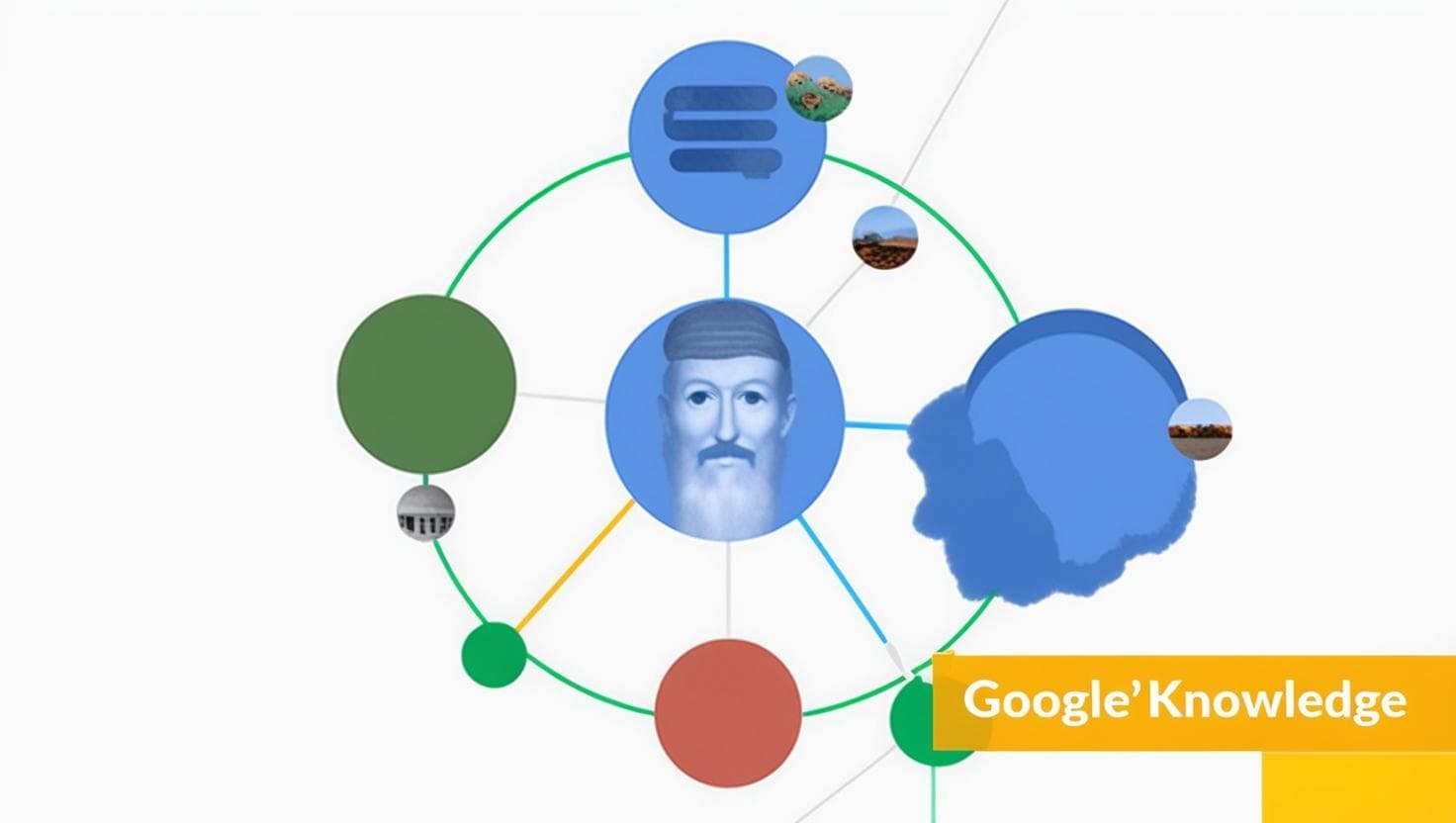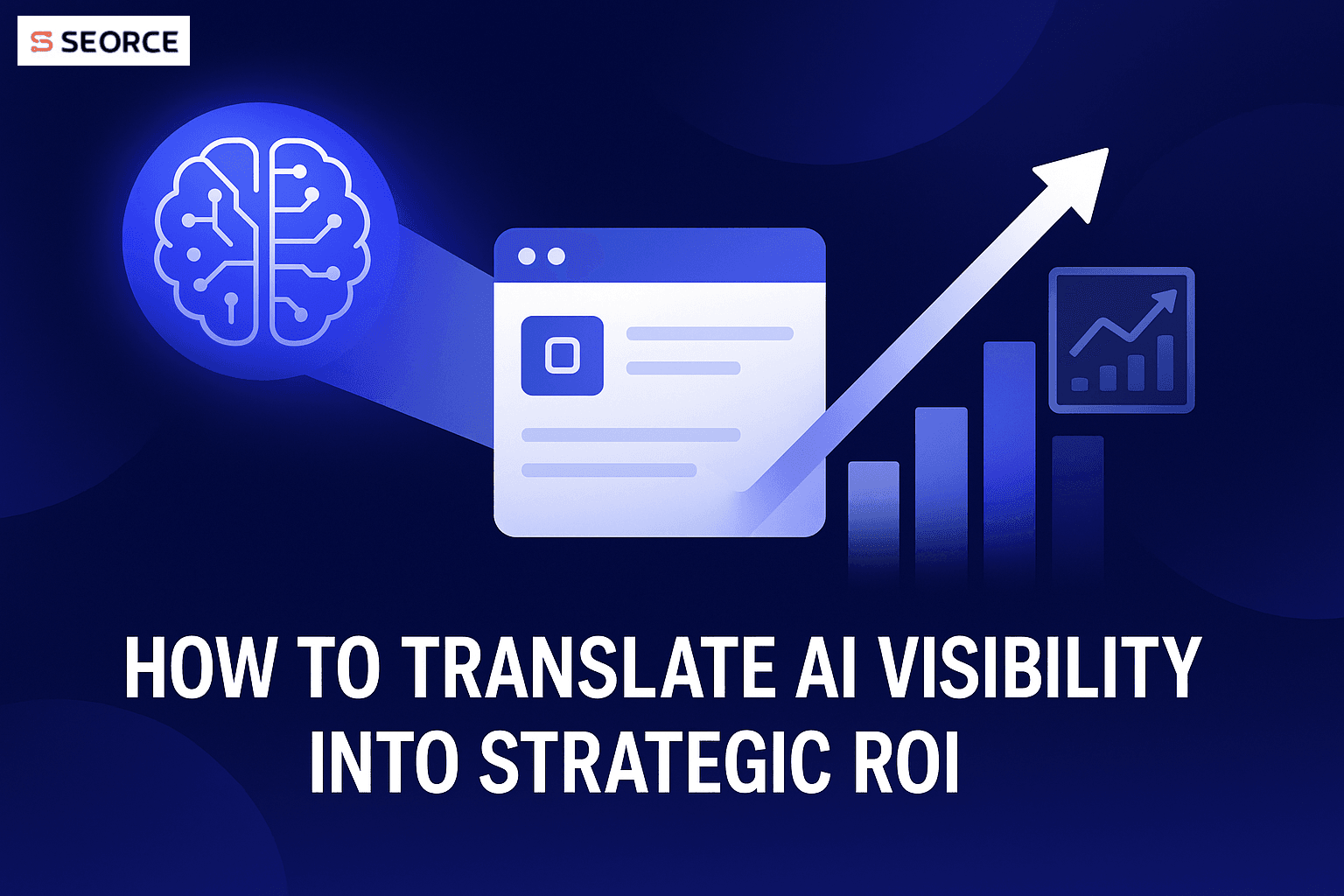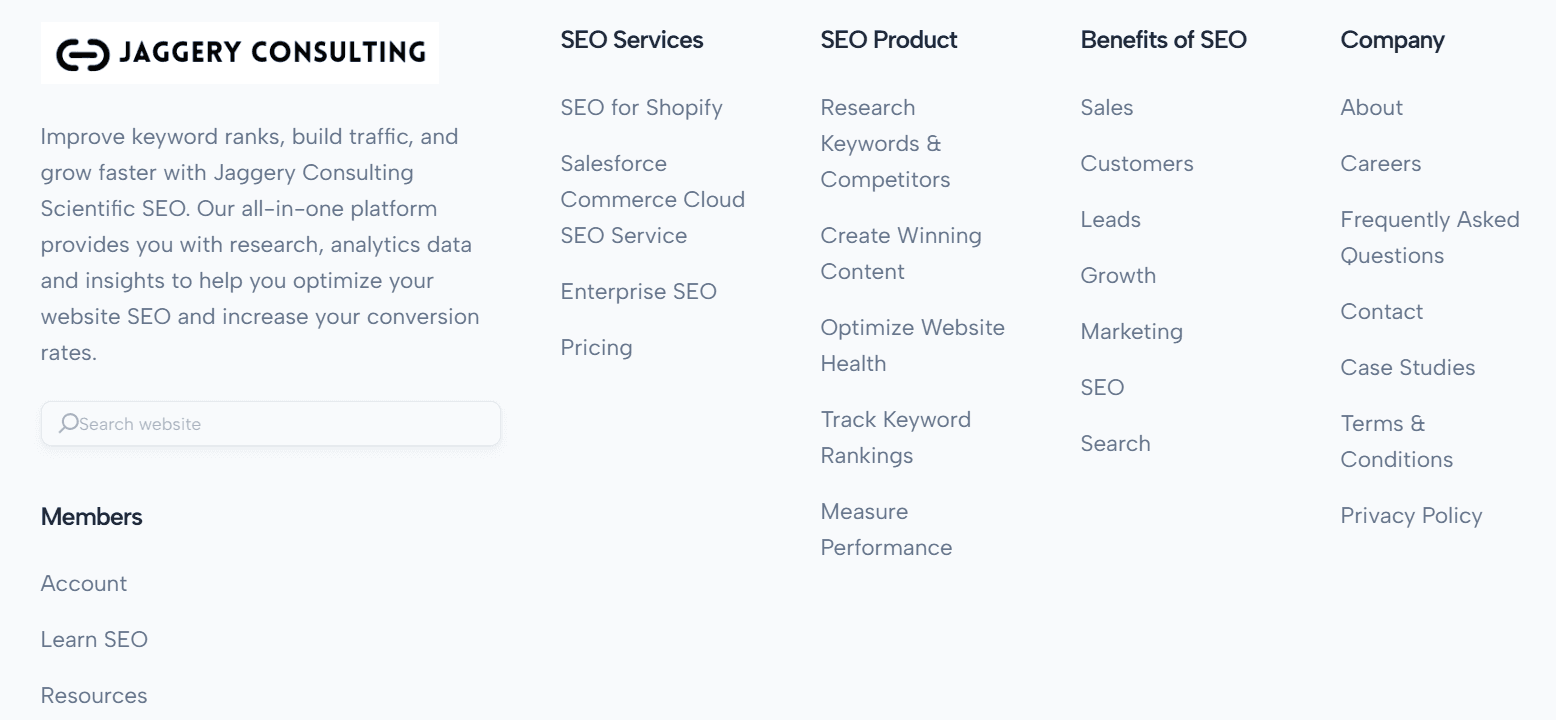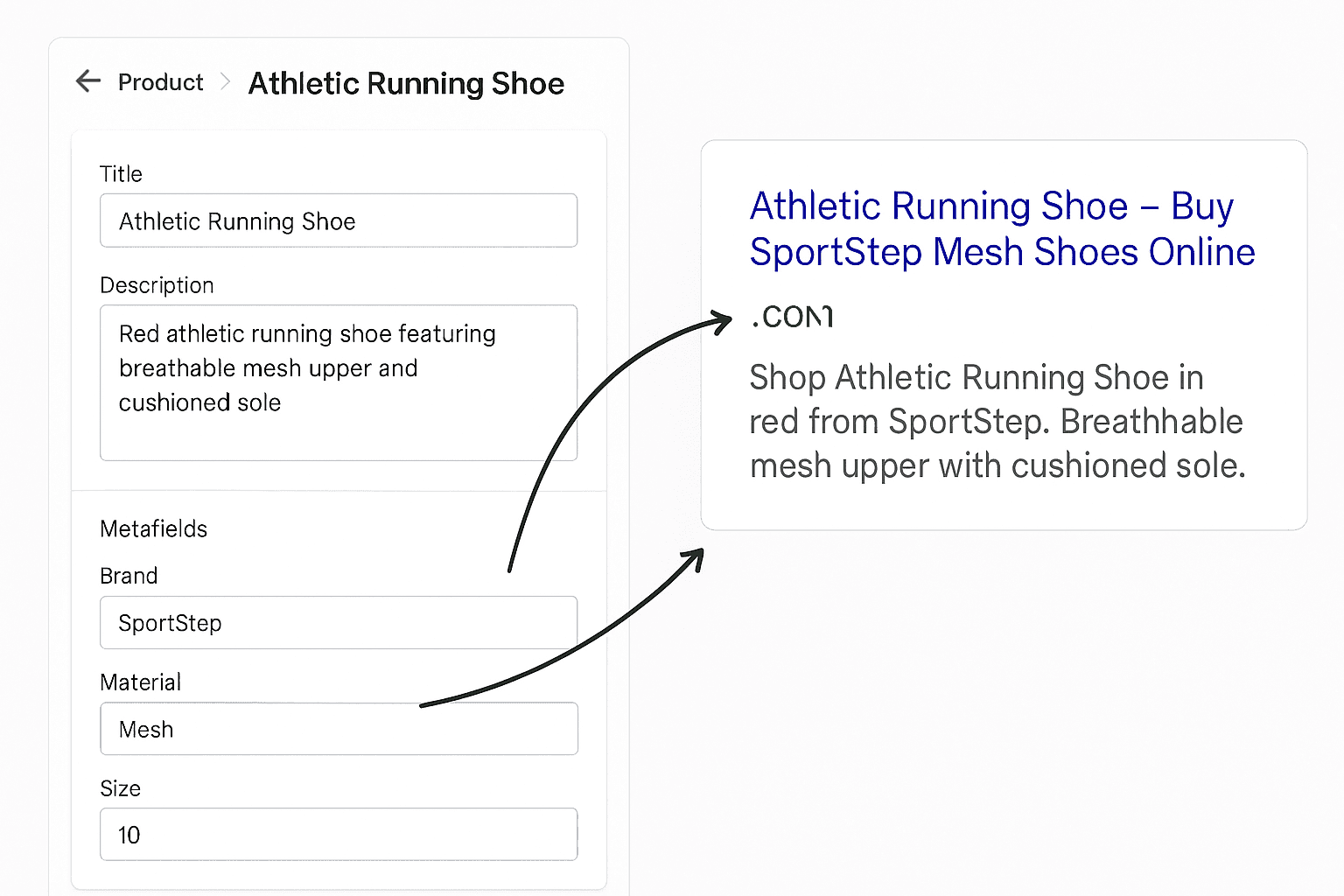What is an Entity in SEO?
In SEO, an entity is a distinct, well-defined concept or object that search engines can uniquely identify and understand, transcending language and regional differences. This has a wide range of subjects, including people, places, organizations, events, and abstract ideas.
Unlike traditional keywords, which are specific terms used in search queries, entities represent the actual subject matter, allowing search engines to grasp the context and intent behind a query more effectively.
For example, the term "Bear" as a keyword could refer to the fruit or the personality name, but as an entity, it distinctly identifies either "Bear Grylls" or the fruit, depending on the context.
Entity-based SEO has made things easier for searchers but a bit trickier for content creators. Here’s how it’s changed the game:
- Better mobile experience: With entities, search results work way better on mobile. Plus, mobile-first indexing has taken over, so now mobile searches matter more than desktop ones.
- Smarter translations: Search engines can now figure out words based on meaning, not just exact matches. If someone looks up “soccer,” they might still see results for “football” depending on their settings.
- More eye-catching results: Rich snippets add images, star ratings, and other details that grab attention. These often get more clicks than even the top-ranked search result.
This entity-based understanding enables search engines to deliver more accurate and relevant search results by recognizing the relationships and attributes associated with each entity.
Difference Between Keywords and Entities
Keywords and entities might seem alike, but they’re not the same. They each serve a different purpose, and understanding those differences can make a big impact. Here’s why that matters.
Keywords
In the context of search engine optimization (SEO), keywords are specific words or phrases that encapsulate the main concepts of your content.
For example, when individuals seek guidance on tying a tie, they often turn to search engines with queries like "how to tie a tie," "tie knot tutorial," or "easy tie knots."
These keywords guide search engines in delivering relevant content that matches the user's intent.
Keywords still play a big role in SEO because they help people find your content when they search online. If you want more visitors to your site, you need to rank for terms that match what your audience is looking for.
Search engines rely on keywords to understand what a page is about, making them a key part of getting your brand noticed.
Back in the early days of SEO, people would cram their content with keywords, sometimes using them way too often or even adding random popular terms just to rank higher.
Search engines back then weren’t as smart, so they needed to see keywords over and over to understand what a page was about. But times have changed. Search algorithms are way more advanced now, and those old-school tricks don’t really work anymore.
In fact, Google has always been clear—quality content matters more than stuffing in a bunch of keywords or using shady SEO tactics.
Entities
In SEO, an "entity" is basically a unique thing that stands out and can be clearly recognized. It could be a person, a place, a company, an event, or even an idea.
Search engines use these to understand content better and give users more accurate results. Instead of just looking at words, they figure out what those words actually mean in different contexts.
That’s why entities play a big role in making search results more relevant and useful.
Consider the "Eiffel Tower" as an illustrative example of an entity. The Eiffel Tower is a specific, distinguishable structure located in Paris, France. It possesses unique attributes such as its height, design, location, and historical significance. These characteristics collectively define the entity "Eiffel Tower."
The entity "Eiffel Tower" is associated with various attributes and relationships that enrich its identity:
- Attributes: These include its height (approximately 330 meters), material (wrought iron), construction date (completed in 1889), and purpose (originally built as the entrance arch for the 1889 World's Fair).
- Relationships: The Eiffel Tower is linked to other entities, such as its location in Paris (a city entity), its designer Gustave Eiffel (a person entity), and its status as a tourist attraction (an event entity). These relationships help in understanding the context and significance of the Eiffel Tower within various domains.
Search engines like Google use entities to get a better grasp of what people are looking for. Instead of just matching keywords, they try to understand the real meaning behind a search.
So, if someone looks up “Eiffel Tower,” Google knows it’s a famous landmark and can pull up details like its history, where it’s located, when it’s open, and what else you can see nearby. This way, search results feel more helpful and relevant.
Search engines use knowledge graphs to connect and organize information. Think of a giant web where each point is an idea, and the lines between them show how they’re related. For example, the Eiffel Tower wouldn’t just stand alone. It would link to Paris, its creator Gustave Eiffel, French architecture, and even its status as a World Heritage Site.
These connections help search engines understand topics better and give people the right information when they need it.
The Role of Entities in Modern Search Engines
Search engines today don’t just look at keywords—they recognize real-world things like people, places, companies, and events. This helps them understand what users actually mean when they search. Instead of just matching words, they figure out connections between topics, making search results more accurate and useful.
1. Google's Knowledge Graph
Google's Knowledge Graph, launched in 2012, is a huge database that helps Google understand how different things are connected.
Thanks to this, search results aren’t just about one topic—they show related details too. If you look up "Leonardo da Vinci," you won’t just see facts about him.
You’ll also find links to his famous artworks, the time period he lived in, and even other important figures from his era.
This setup makes it easy to dive deeper into topics and find useful information without much effort.
2. Semantic Search and Natural Language Processing (NLP)
Entities play a crucial role in semantic search by helping search engines grasp the true meaning behind user queries rather than relying only on keyword matches.
With advanced language processing, search engines analyze context and intent to deliver the most relevant results. For instance, when a user searches for "Apple," the system examines surrounding clues to determine whether they are referring to the fruit or the technology company.
Through entity recognition and disambiguation, search engines refine their understanding, ensuring users receive precise and meaningful search results.
3. Impact on Search Results
Search engines have changed a lot with the way they show results. Now, you can see things like rich snippets, knowledge panels, and related suggestions right on the search page.
These features make it easier to find what you need without clicking on multiple links. For example, if you look up "Eiffel Tower," you might see pictures, a short history, visitor details, and other famous landmarks nearby.
Everything is right there, so getting quick answers is much simpler.
Benefits of Entity-Based SEO
Entity-based SEO is a big shift in how search engines understand content. Instead of just looking at keywords, it focuses on the meaning and connections between ideas. This method comes with some major benefits.
1. Enhanced Search Relevance
Entity-based SEO helps search engines understand how different ideas connect, making search results more accurate.
Instead of just matching keywords, search engines figure out what users really mean. This way, they show results that better match what people are looking for.
For example, if a word has multiple meanings, search engines can tell which one makes sense based on the context. That means users get the right information without any confusion.
2. Improved User Experience
Entity-based SEO makes it easier for people to find exactly what they’re looking for by organizing content around specific things—like famous people, places, or ideas.
This helps search engines understand the meaning behind the content, so they can show better search results.
For users, it means less frustration and more useful information right away. When websites focus on entities, they can connect related topics, making it simple for visitors to explore and learn more.
This keeps people interested, builds trust, and makes them want to come back because the site actually gives them what they need.
3. Increased Flexibility in Content Strategy
Focusing on entities allows for a broader and more flexible content strategy.
Unlike a rigid reliance on specific keywords, which may limit the scope of content creation, entity-based SEO allows for much more flexibility.
Websites can explore a variety of themes, related entities, and subtopics within a broader context. This flexibility is particularly advantageous in adapting to evolving user trends and search engine algorithms.
4. Alignment with Search Engine Algorithms
Search engines today are pretty smart—they don’t just look at keywords but also understand what those words mean in context.
They use something called "entities," which are things like people, places, or objects, to make sense of the content. This helps them figure out what a page is really about instead of just matching words. For example, Google’s Hummingbird update focuses on natural language and the overall meaning of a search rather than just individual words.
RankBrain, another Google algorithm, uses machine learning to connect search queries with known topics, making results more accurate.
When websites create content around well-known entities, they have a better chance of ranking higher because search engines can process and organize the information more effectively.
5. Qualification for Rich Snippets and Enhanced Search Features
Structured data plays a crucial role in improving a webpage’s visibility in search results. By marking up key elements such as reviews, recipes, and events, search engines can better interpret and present content.
This structured approach makes pages eligible for rich snippets, displaying useful details like ratings, cooking times, or pricing directly in search results.
A well-optimized recipe page, for example, can attract users by showcasing essential information before they even click. This not only enhances user experience but also increases engagement by making search results more informative and visually appealing.
Implementing structured data is an effective strategy to improve search performance and drive more traffic.
6. Competitive Advantage
Switching to entity-based SEO can give you a big edge over the competition. Instead of just focusing on keywords, this approach connects ideas and topics, making your content more relevant across different searches.
Search engines recognize these connections, which helps your pages rank better. By organizing content around key topics and their relationships, your site becomes easier to understand and more likely to show up in results.
This smarter way of optimizing content helps build your site’s authority and keeps you ahead of others still stuck in old-school SEO methods.
How to Implement Entity SEO in Content Optimization
If you’re starting with Entity SEO from scratch, here’s how to make it work in your content strategy.
1. Identify Relevant Entities in Your Niche
Finding the right topics in your niche is a big win for SEO. Search engines recognize specific people, places, and things—these are called entities. To discover them, check your content and see what themes stand out.
Handy tools like Google’s NLP API, InLinks, or TextRazor can help spot key entities in your writing. Looking at what your competitors are doing with tools like Ahrefs or SEMrush is also a smart move.
You’ll see which entities they focus on and find gaps you can fill. Websites like Wikipedia and Wikidata are great for digging up important topics that search engines trust.
When you build content around the right entities, it boosts your site’s visibility and makes your brand more authoritative in your industry.
2. Incorporate Semantically Related Keywords
We’ve talked before about using related keywords to give search engines more context about your content, but let’s take a closer look at why this really matters.
Semantically related keywords aren’t just synonyms—they’re words and phrases that connect to your main topic in a meaningful way. For example, if you’re writing about "digital marketing," related terms could be "SEO strategies," "content marketing," or "social media advertising."
When you include these naturally in your writing, search engines get a clearer picture of your content. This helps your page show up for more searches and makes your content more useful for readers.
So, the better your content fits what people are looking for, the higher it ranks—and the more engaged your audience becomes.
3. Utilize Structured Data with Schema Markup
Integrating structured data through schema markup involves embedding standardized code within a website’s HTML, allowing search engines to interpret content more effectively.
This process increases the likelihood of securing rich results, which are enhanced search listings featuring details such as ratings, pricing, or event specifics.
For example, if you have a recipe page, search engines might show cooking time, ingredients, and calorie counts right in the results. This makes your page more useful for users and can boost clicks and engagement.
Therefore, by offering relevant information upfront, schema markup improves both search engine comprehension and user experience, potentially leading to higher engagement and click-through rates.
4. Develop Comprehensive Topical Maps
Building a solid topical map means laying out a clear plan that connects all the key topics and subtopics on your site.
Start by figuring out the main subject your website focuses on, then break it down into smaller, related ideas.
When content is structured this way, visitors can find what they need quickly, and search engines get a better grasp of what your site is all about. That makes it easier for your site to rank higher and stand out online.
5. Optimize Content Structure and Organization
Making your content easy to read and well-organized is a game changer for both visitors and search engines.
When you use clear headings, subheadings, and a logical layout, people can quickly find what they need without feeling lost. This keeps them engaged and helps lower bounce rates.
Search engines also benefit from this structure since it makes crawling and indexing your pages smoother, boosting your chances of showing up in search results. Simple things like bullet points and short paragraphs make a big difference.
They not only improve readability but also highlight key points, helping search engines understand what’s important. When content is well-structured, it works better for both readers and rankings, leading to a more successful website.
6. Implement Internal Linking Strategies
Internal linking is a simple but powerful way to improve your website’s SEO and make it easier for visitors to find what they need.
By connecting different pages on your site, you help both users and search engines understand your content better.
A well-planned linking strategy keeps everything organized and spreads ranking power across your site, helping newer or less popular pages get noticed. When links are placed naturally, they guide visitors through your content, keeping them engaged and encouraging them to explore more.
The longer they stay, the better it is for your site’s performance and potential conversions.
7. Leverage Google's Knowledge Graph
Optimizing your website for Google’s Knowledge Graph involves structuring content in a way that aligns with how Google processes and connects information.
Implementing Schema.org markup, publishing high-quality content, and maintaining a strong digital presence help establish credibility.
As Google recognizes and categorizes your brand accurately, your content has a greater chance of appearing in Knowledge Panels, rich snippets, and other advanced search results.
This visibility enhances user engagement, improves brand authority, and strengthens search performance.
8. Monitor and Analyze Performance
Keeping an eye on how your Entity SEO efforts are doing is key to making sure they work and spotting ways to improve.
- Start by checking your organic traffic with tools like Google Analytics, which shows where visitors come from and how they interact with your site.
- Track keyword rankings using Google Search Console to see if your content is hitting the right search terms.
- Pay attention to engagement stats like bounce rate and session duration—these help you understand if people find your content useful.
- Regular technical SEO checkups can catch issues that might slow down search engine crawling.
By looking at these details often, you can tweak your SEO strategy and keep your site performing at its best.
How to Shift Your Strategy to Entity-Based SEO
Shifting your SEO strategy to focus on entities can set you up for future algorithm changes. It’s not just about keywords anymore—it’s about how your business connects to other recognized entities online.
Search engines are getting smarter, and making your business an entity itself will help you stay ahead.
Moving away from traditional keyword-based tactics takes time, but understanding entity connections is the key to long-term SEO success.
List Your Business on Relevant Directories
Start by listing it on directories like Google My Business. Google pulls data from there to build its Knowledge Graph, making your business more visible.
Other sites, like Yelp, can also help. Since Yelp shows up in the top five Google search results 92% of the time, it’s a great way to score strong backlinks and grow your brand’s online identity.
Depending on where you are, the best listing sites might be different. So, take some time to find the right ones. Focus on websites with high authority to get better rankings. With this approach, businesses can become recognized entities and link to important keywords.
Build Brand
Building your brand is a big part of entity-based SEO. If your business has an offline presence, make sure it’s reflected online too. Look for fresh ways to shape a clear and memorable identity that sets you apart.
Keeping an eye on your reputation is just as important. The way people see your brand can influence how search engines recognize it. Check which keywords you rank for and stay ahead of any PR issues before they turn into bigger problems.
Use Interface Management Tools
SEO is changing, and interface management is starting to matter more in entity-based SEO. If teams work in silos, it could hurt a site's visibility—even if keyword rankings look good. That’s a big deal for businesses that rely on search traffic.
Just focusing on keywords won’t cut it anymore. Marketers and business owners need to rethink their strategies. It’s time to shift toward entity-based SEO and make sure their content is actually linked to their entities.
That’s the key to staying ahead.
Future Trends in Entity SEO
Search engines are getting smarter, and entity-based SEO is becoming a game-changer. It helps connect search queries with real-world things, making results more accurate and useful for users.
1. Integration with Artificial Intelligence (AI)
AI is changing the way SEO works, making search engines smarter at understanding what people really mean when they search.
Instead of just matching keywords, AI helps search engines connect ideas and concepts, leading to better and more relevant search results.
This shift makes it easier for users to find exactly what they need. For businesses, keeping up with this AI-driven approach is key to staying visible and ahead of the competition.
Ignoring it could mean getting lost in the crowd.
2. Voice Search Optimization
Voice search is changing the way people find information online. Instead of typing short phrases like "best pizza NYC," users now ask full questions, like "Where can I find the best pizza in New York City?" To keep up, businesses need to focus on natural, conversational keywords and create content that answers common questions.
Making sure your website is mobile-friendly is also a big plus.
Since many voice searches are local, updating business listings and using location-based keywords can help people find you more easily.
3. Expansion of Knowledge Graphs
Google's Knowledge Graph is like a giant web of information that connects people, places, and things to help make search results more useful.
The more data it pulls in, the better it understands different topics and how they relate to each other. This means search engines can give clearer, more accurate answers when people look things up.
One way websites can help grow the Knowledge Graph is by using schema markup, a special way of tagging content so search engines can understand it better.
When sites do this, their content stands out more and becomes easier for users to find.
4. Combating AI-Generated Content Spam
AI-generated content is everywhere now, and not all of it is great. In fact, a lot of it—sometimes called "AI slop"—clutters up websites and makes it harder to find real, useful information. To fix this, platforms are stepping up their game.
- Better Detection Tools: Websites like Medium are working on smarter ways to spot and remove AI spam before it spreads.
- Stronger Rules: Search engines, including Google, are tweaking their algorithms to push low-quality AI content down the rankings and highlight well-written, human-created work.
- Smarter Users: People are being encouraged to double-check things like deepfake videos or fake messages. Experts say confirming strange requests through a different method can stop scams before they happen.
With these efforts, the goal is to keep online spaces trustworthy and full of valuable content.
5. Emergence of Generative Engine Optimization (GEO)
Generative Engine Optimization is all about making sure AI-driven search platforms, like ChatGPT and Google’s AI Overviews, pick up your content.
Unlike regular SEO, which is more about ranking for keywords, GEO focuses on creating content that fits naturally into AI responses.
The trick is to understand how AI works and structure your content so it blends in smoothly.
When people search using AI, well-optimized content stands out, getting more visibility and engagement.
Final Thoughts
Entity-based SEO is changing the way search engines understand content. Instead of just looking at keywords, search engines now focus on actual things—like people, places, and topics—to figure out what users really want. This shift means businesses and content creators need to go beyond basic keywords and start using strategies like structured data and content grouping. Doing this helps websites show up more accurately in searches, making them easier to find. As search engines get smarter, this approach keeps content relevant and ensures long-term online success.
FAQs
How does entity SEO differ from traditional keyword-based SEO strategies?
Entity SEO focuses on understanding and optimizing for concepts (entities) and their relationships, enabling search engines to grasp content contextually. Traditional SEO relies on specific keywords, which may not fully convey content meaning.
What role does structured data play in enhancing entity recognition by search engines?
Structured data, such as schema markup, provides explicit information about entities on a webpage, aiding search engines in accurately identifying and understanding content, thereby improving search visibility and relevance.
Can entity SEO improve a website's performance in voice search results?
Yes, by optimizing for entities and their relationships, websites align better with natural language queries typical in voice searches, leading to more accurate and relevant results.
How does Google's Knowledge Graph utilize entities to enhance search results?
Google's Knowledge Graph organizes information about entities and their interrelations, allowing the search engine to deliver more accurate and contextually relevant search results.
What are common mistakes to avoid when implementing entity SEO strategies?
Common pitfalls include keyword stuffing, neglecting structured data, and failing to provide in-depth, contextually appropriate content, which can hinder search engines' understanding and ranking of your content.



